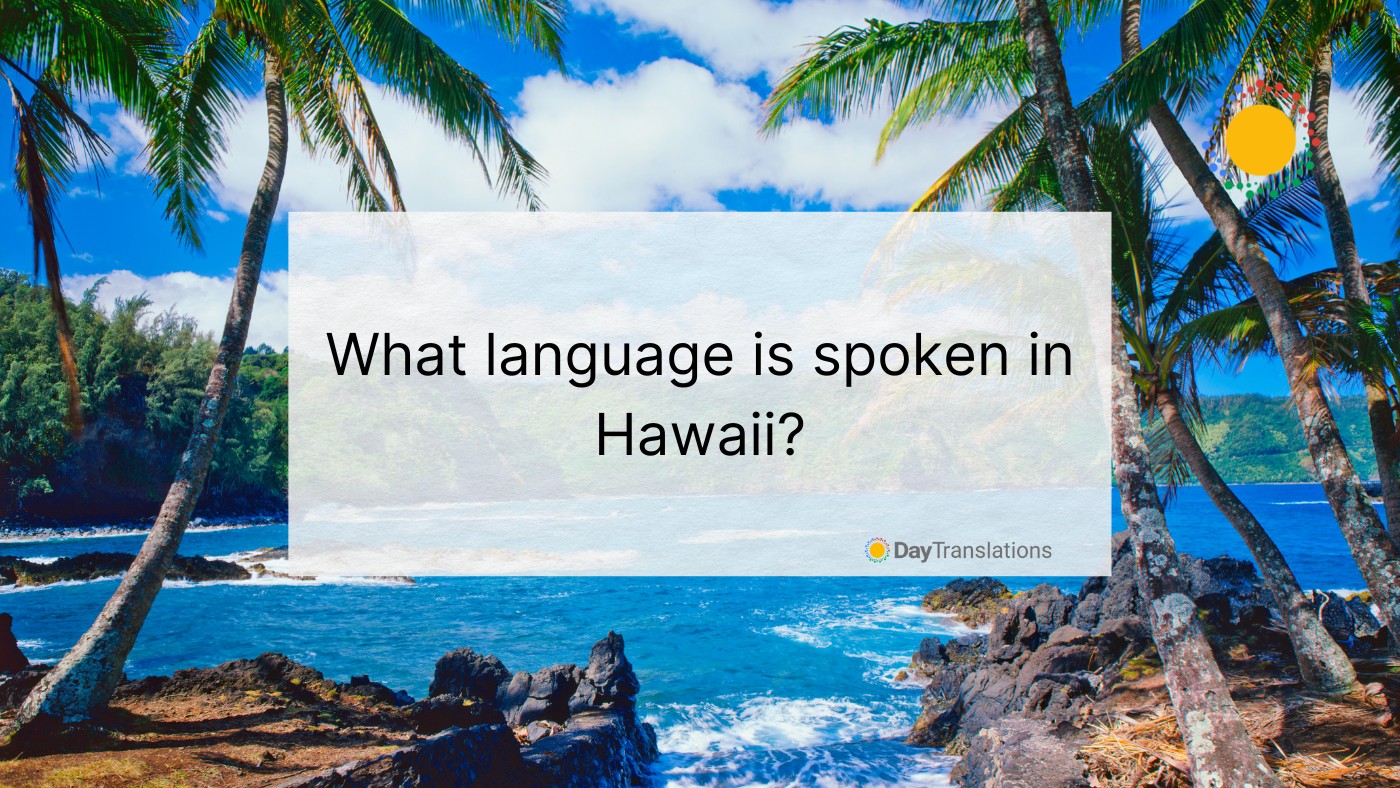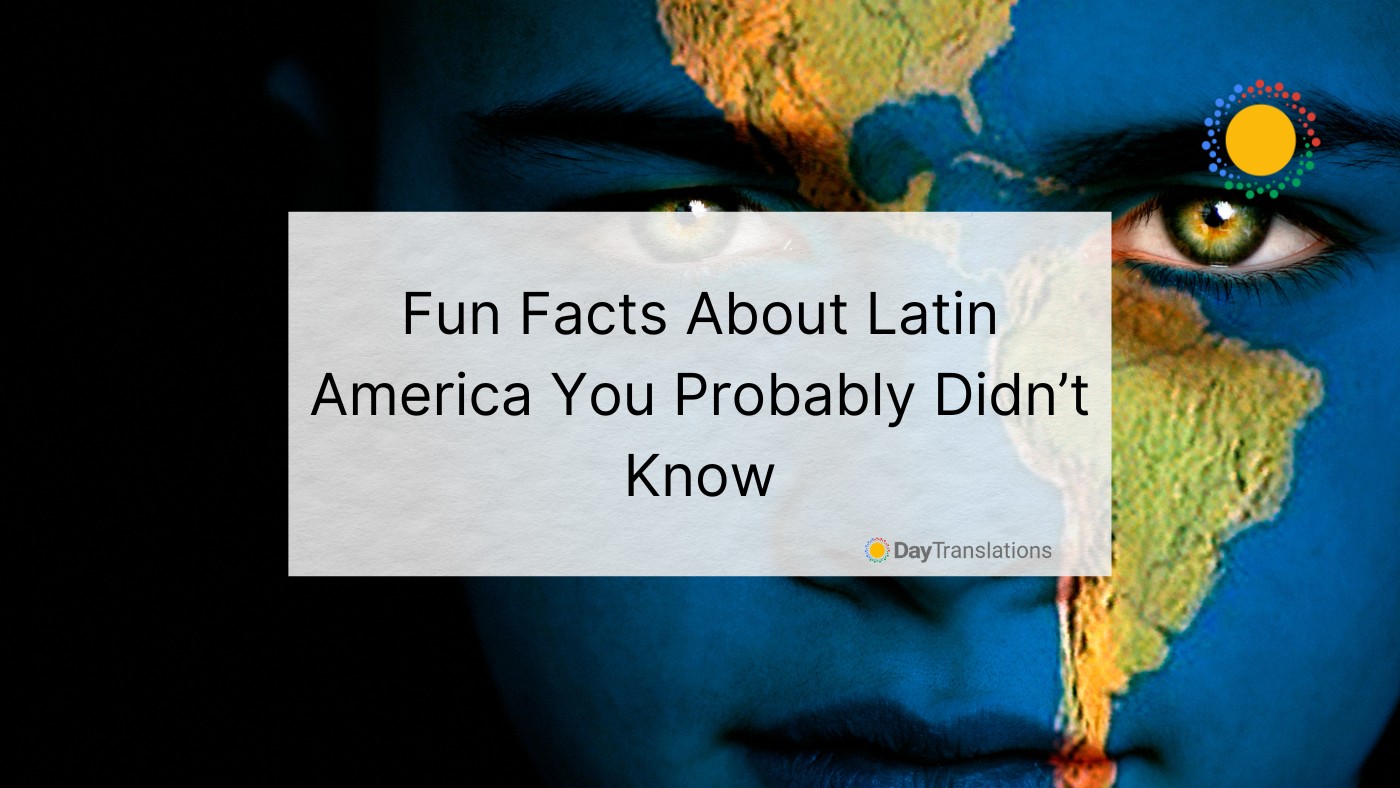Do you know what language is spoken in Hawaii?
Hawaii is an archipelago consisting of eight major islands and numerous smaller landmasses, totaling 137 “islands” altogether. This subtropical paradise is also the only American state that isn’t part of the North American continent. While only 1.4 million people live there, it’s one of the most densely populated US states.
The state is a melting pot of many cultures and, consequently, the languages attached to them. There are at least 130 different languages spoken in Hawaii, with English, Tagalog, Ilocano, and Japanese being the most predominant. Hawaiian came in at number five at only 5.7 percent of total speakers on the island.
At one point, linguists were concerned that the Hawaiian language would fade into the past, never to be spoken again. However, thanks to the state government’s efforts, the language is still alive and well. Even if most people don’t speak it today, keeping the Hawaiian language alive helps preserve the traditions passed down for centuries.
Now that you have some background let’s explore more about the Hawaiian language.
Uncovering What Language is Spoken in Hawaii
Simply put, most people don’t speak Hawaiian because the government stopped education in Hawaiian in 1896. Since then, people had no reason to speak the official languages. At one point in 1985, only 32 children under the age of 18 spoke the language.
Some accounts say that Hawaiian was even outlawed, and people went to prison for speaking it. However, these claims were never proven.
On top of this turbulent past, native Hawaiians make up only 10 percent of the state’s population. The state of Hawaii is predominantly of Asian descent (38 percent), followed by White/Caucasian (25 percent) and mixed-race (24 percent.) The large immigrant population is another reason why there was a push from the government to change the instruction language of schools to English.
Hawaiian Language of Pidgin
Hawaii also has its own creole language known as Hawaiian Pidgin. A creole language is a hybrid language that’s created through the mixing of two other languages. Linguists believe that Hawaiian Pidgin itself is a dialect of American English.
Thanks to the popularity of the creole language, the large population of immigrants, and the popularity of English, linguists still fear that Hawaiian may go extinct. However, Hawaiian is still an official language of the state and has a loyal following of speakers and promoters.
Hawaiian Official Languages Origins
Linguists believe that Hawaiian developed from a South Pacific Polynesian language similar to official languages like Tahitian, Marquesan, and Samoan. The language was actually named after the largest of the Hawaiian islands within the archipelago—the island of Hawaii—and was created in 1839 by King Kamehameha.
Hawaiian Alphabet
While English has 26 letters in its alphabet, the Hawaiian islands alphabet consists of only 13 letters. This makes the Hawaiian alphabet the smallest in the world.
Side note: The smallest alphabet in the world belongs to the Rotokas alphabet. Let us know in the comments below if you want to learn more about this language!
The Hawaiian alphabet consists of five vowels (with both long and short pronunciations) and eight consonants. However, the original alphabet only had seven consonants, making the alphabet A, E, I, O, U, H, K, L, M, N, P, W.
In modern times an ‘okina was added, which looks like a quotation mark or apostrophe (‘) representing a glottal stop. A glottal stop is what happens when airflow is restricted in the vocal tract while talking.
When using the Hawaiian language, you must alternate your vowels and consonants and end all words in a vowel. The language is also closely tied to Hawaiian culture.
Don’t worry if that sounds confusing. We’ve got some examples for you below courtesy of the Hawaiian Tourism Authority.
Common Hawaiian Islands Phrases
HawaiianEnglish meaningAlohaHello, goodbyeA hui houUntil we meet again, goodbyeAloha KakahiakaGood morningAloha ‘auinalāGood afternoonAloha ahiahiGood eveningAloha ‘āinaLove of the landAloha au iā ‘oeI love youAloha nui loaVery much lovePehea ‘oe?How are you?Maika’i nō auI am fineMahaloThank youMahalo nui loaThank you very much‘A ‘ole pilikiaYou’re welcome, no problemE komo maiWelcome! EnterHana houEncore, do it againHau ‘oliHappy, glad, joyHau ‘oli Makahiki HouHappy New YearMele KalikimakaMerry ChristmasMele Kalikimaka a Hau ‘oli Makahiki HouMerry Christmas and a Happy New Year
Source: Hawaiian Tourism Authority
Which languages do you want to learn about next?
Here at Day Translations, language is our passion. After all, there are over 6,000 languages in the world today! If you enjoyed this post, let us know which languages you want to learn about next.














Sorry, the comment form is closed at this time.